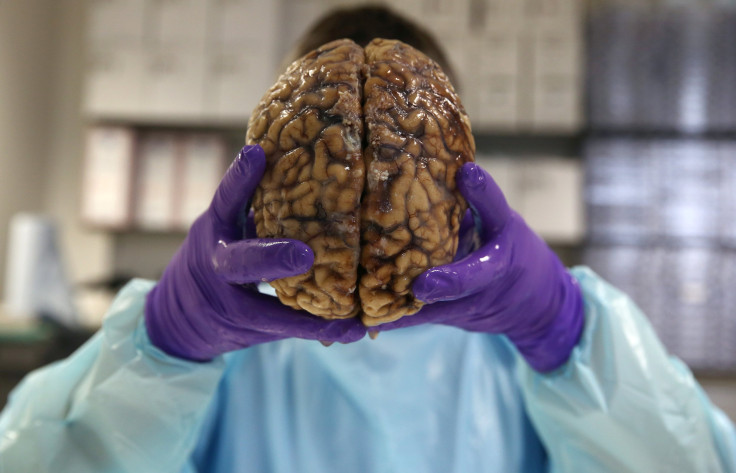This is how human brain reacts to sleep deprivation

A study has revealed what the brain actually does when it is deprived of a good night’s sleep. Researchers involved in the German study states that not getting enough sleep may lead to connectivity changes in the brain.
While doctors always suggest eight hours of sleep, not much is known why we that sleep. One possible explanation is that sleep regulates the connective strength between neurons, important for memory and learning.
The German scientists from University Medical Centre Freiburg put the above-mentioned explanation to test. They analysed the brain activity of 20 participants after they had one night of sleep and one night of no sleep. The findings have been published in the journal Nature Communications.
Magnetic pulses were applied to their brain’s motor cortex, that region of the brain responsible for movement control. Lead researcher Christoph Nissen found that brain excitability was considerably higher after a night of sleep deprivation. The researchers believe that the study will provide greater insights into the “mechanisms through which loss of sleep leads to poor memory performance.”
Participants with minimal sleep experienced a much lower pulse strength needed to stimulate a muscle response in the left hand. Moreover, the sleep-deprived participants performed poorly in word-pair memory tasks.
Reduced levels of protein BDNF was found in their blood samples. This protein is responsible for regulating how effectively neurons communicate with each other. The researchers also found that sleep-deprived brains had their rewiring capabilities significantly lowered.
Rewiring capabilities are important for mastering new skills and forming memories. They also performed worse on short-term memory tests, writes News.com.au.
“Sleep is essential, and one main reason is that it allows the brain to learn new things every day while preserving and consolidating the old memories. Learning and memory require synaptic activity, which is very energetically expensive and prone to saturation. Sleep allows the brain to renormalize this synaptic activity after it increases in the waking day,” professor of sleep medicine, Giulio Tononi, told The Irish Times.






